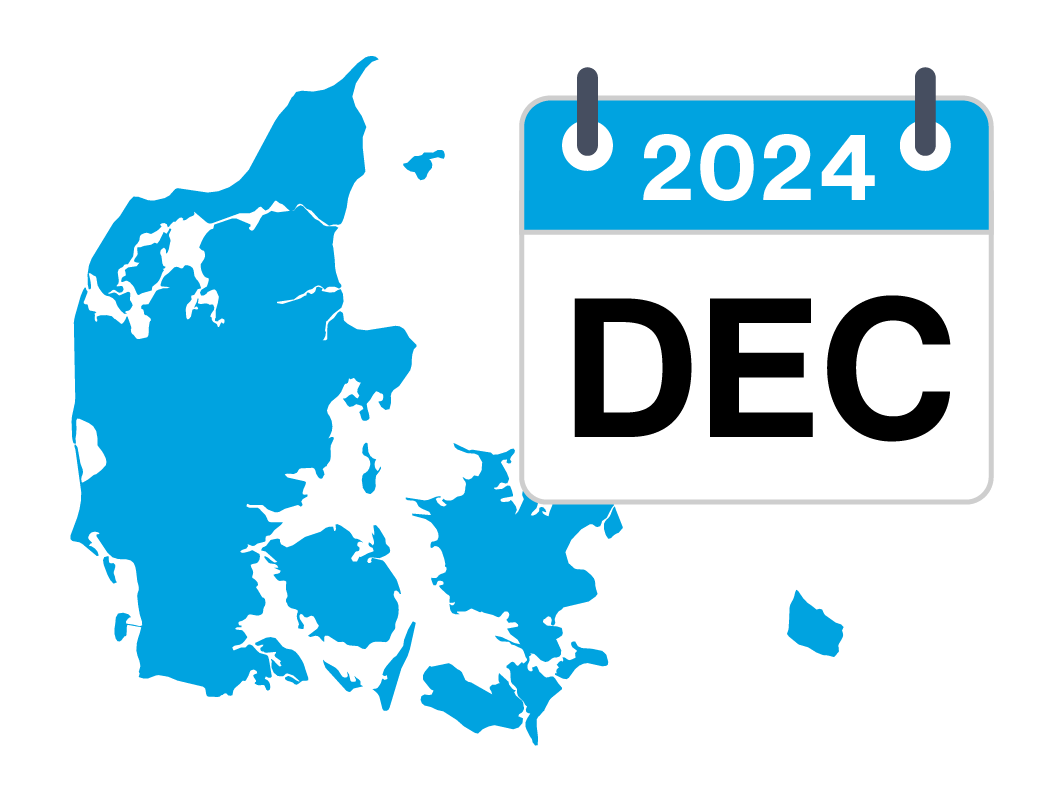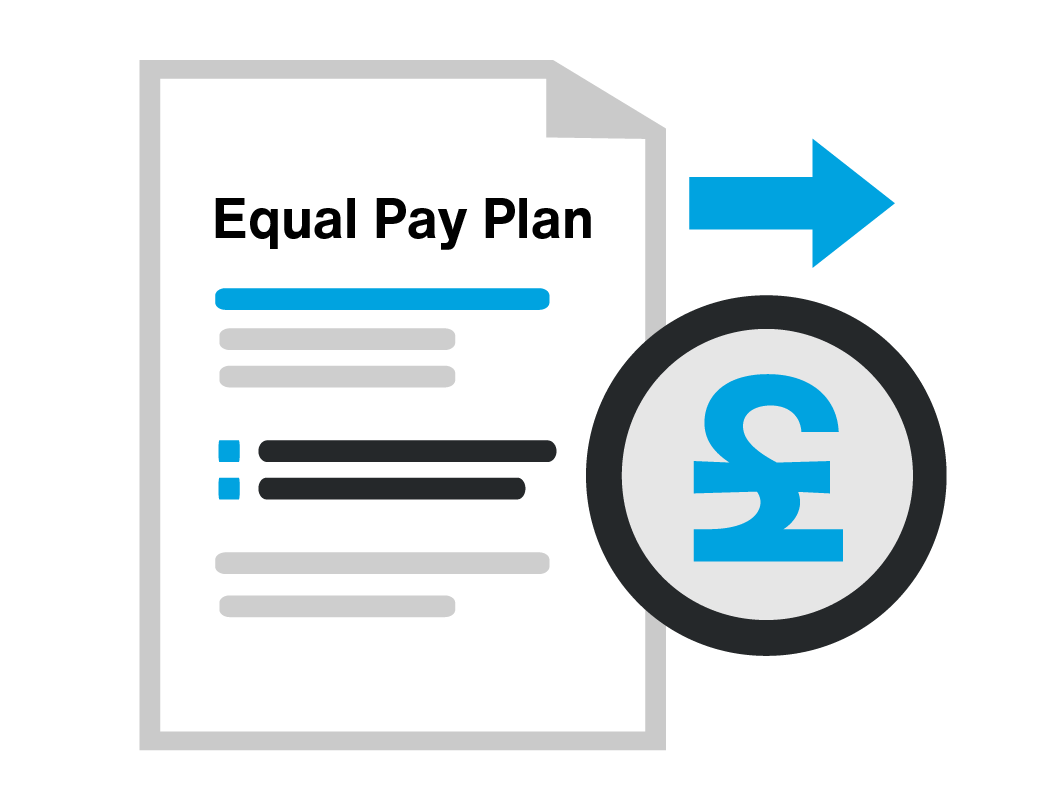Implementation of California SB 1162 Exposes Challenges for Employers

![]()
Conventional wisdom has it that progress doesn’t come without growing pains. This lesson is currently playing out in California with the implementation of its new pay transparency and pay data reporting law, SB 1162.
In effect since the start of the new year, California SB 1162 joins the ranks as one of the most aggressive pay equity laws in the nation. It amends existing legislation to 1) require certain employers to provide salary ranges in job listings and 2) expand pay data reporting obligations to include detailed salary information broken down by gender, race/ethnicity, and job category.
Pay transparency laws aim to reduce unfair pay gaps to help women and other protected classes by ensuring they receive equitable compensation in the workplace. Salary range disclosures in particular give workers leverage when negotiating pay since they require employers to post minimum and maximum salary ranges in job listings. But pay transparency doesn’t just benefit employees. It also holds a number of advantages for employers, from saving money to improving staff morale and attracting top talent.
California has emerged as a leader in the pay transparency movement in recent years. But as employers in the Golden State and beyond adapt to this latest piece of legislation, challenges are surfacing.
Importantly, SB 1162 requires employers to provide salary in job listings, and that's only a partial picture of a position’s overall benefits package. California's SB 1162’s requirement to disclose pay ranges in job listings doesn’t account for total compensation, including bonuses, stock options, and benefits. This is especially relevant to the tech and finance industries. “For high-paying jobs in the technology industry, equity compensation in the form of restricted stock units can make up a large percentage of an employee’s take-home pay,” CNBC reports.
It also appears some employers are abiding by the letter of law rather than enacting the intent of it. For example, streaming service Netflix just advertised a position with a pay range of $90,000 to $900,000. Such wide salary ranges are not necessarily helpful to job seekers, but they are technically compliant with the law, which requires disclosure of what the employer “reasonably expects” to pay.
While a major step forward in efforts to advance pay equity, SB 1162 certainly isn’t impervious to flaws. But California SB 1162 loopholes are not unique. New York experienced similar challenges when it implemented its pay transparency law in November of last year.
Still, such laws help ensure organizations foster fair pay practices, a key factor in the overall goal of pay equity. Challenges are par for the course with any cultural shift, and that is certainly what fully integrating pay equity into the workforce will require.
As the effects of SB 1162 continue to come to light, the legislation may evolve with future amendments to accommodate for issues that have arisen with the first round of implementation.
California pay transparency is just one example of similar efforts cropping up across the country. Employers can expect pay transparency to become the norm sooner rather than later and will need to be prepared.
Working with a pay equity expert is the best way to get on track and protect your organization. If you need help establishing equitably salary ranges for job listings, as required by various states and cities across the U.S., contact Trusaic to learn about the Salary Range Finder®. Additionally, our PayParity software can help you prepare your compensation information in preparation for California's upcoming pay data reporting requirements due in May.



